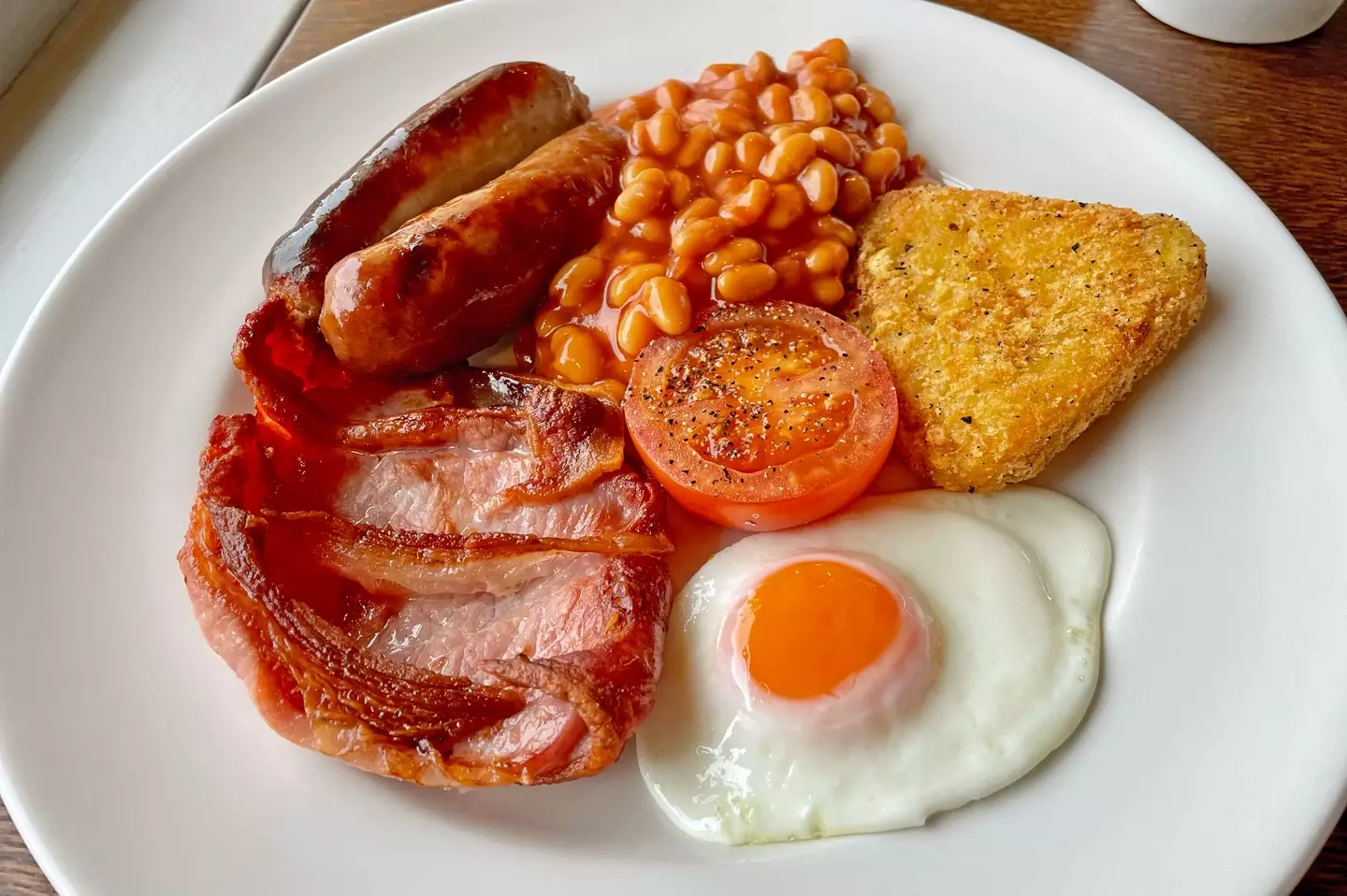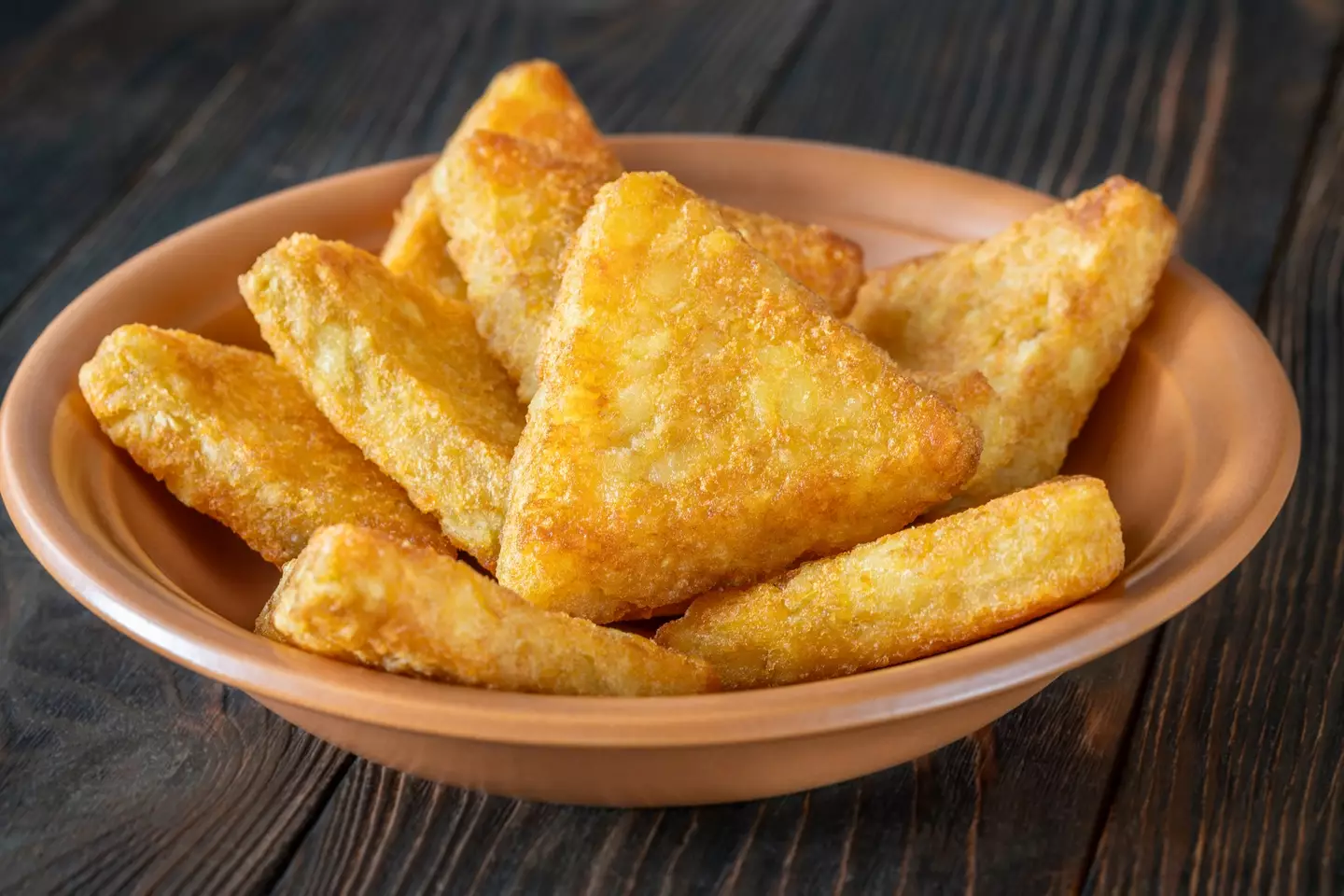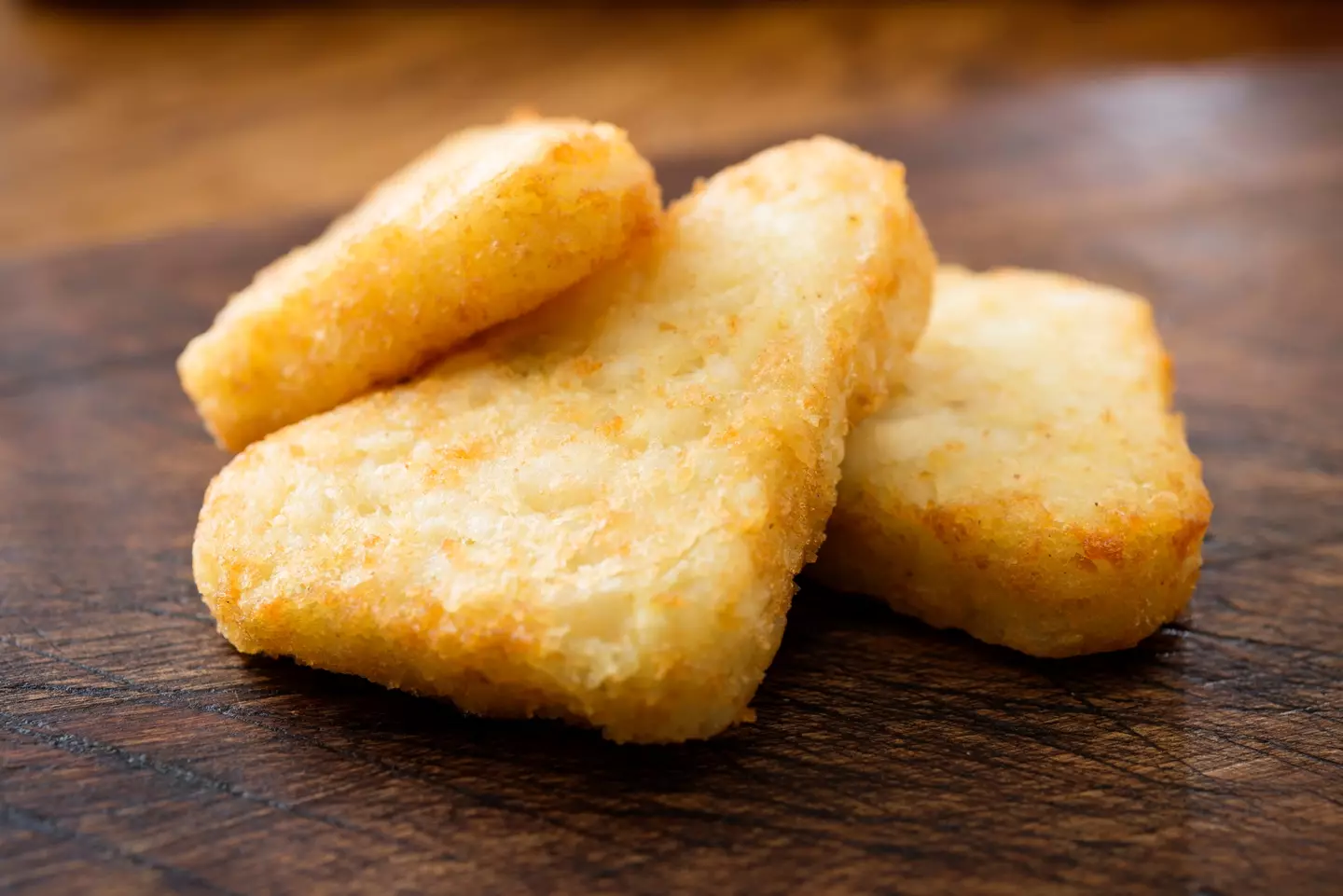
They say breakfast is the most important meal of the day.
Whether you're a toast and butter purist or you go all out with a jazzy bowl of yoghurt, fruit and granola - it's clear that a good serving of brekky is pivotal in setting us up for the day and keeping us full until lunchtime.
But, with that said, it's important to be mindful of exactly what we're putting into our mouths when it comes to morning offerings, as a 'silent killer' warning has now been issued to anyone who regularly eats this popular breakfast side dish.
OK, so we all love a big fry-up every now and then - think crispy bacon, perfectly runny eggs and, of course, golden hash browns.
Advert

However, a new study has now revealed that those fried, crispy potato triangles may be doing more harm to your heart than you think.
As per MailOnline, researchers from the University of South Australia looked into how different breakfast foods affect your heart and found that eggs are seemingly no longer to blame for high cholesterol.
Looking into the 'assumed role' of eggs in cardiovascular disease - which is the leading cause of death worldwide and responsible for 18 million deaths each year - the Aussie experts found that the dietary cholesterol they contain is perfectly safe.
So what's the real culprit?
Well, saturated fat.
While many of us already know about the health risks attached to too much bacon and sausages, they may be surprised to find out that hash browns are also not too great for us.

The researchers, in a word-first study, looked at the independent effects of dietary cholesterol and saturated fat on LDL cholesterol, which is the 'bad' kind.
They found that eating two eggs a day as part of a high cholesterol, low saturated fat diet can lower LDL cholesterol and, in turn, reduce the risk of cardiovascular disease (CVD).
However, by comparison, eating a high-saturated fat diet and only one egg a week increases LDL levels.
Professor Jon Buckley, lead researcher from the University of South Australia, has explained that his study proves it's time to re-think the negative reputation of eggs.
He said: "Eggs have long been unfairly cracked by outdated dietary advice.
"They're unique - high in cholesterol, yes, but low in saturated fat. Yet it's their cholesterol level that has often caused people to question their place in a healthy diet.
"In this study, we separated the effects of cholesterol and saturated fat, finding that high dietary cholesterol from eggs, when eaten as part of a low saturated fat diet, does not raise bad cholesterol levels."
This pretty much means that, when it comes to a good old-fashioned fry-up, the eggs are apparently the least of your problems.
"The highest risk foods are those that are high in saturated fat, such as bacon, sausages and things that are cooked in oils that are high in saturated fat," Professor Buckley told Femail.

"The risk can be reduced by avoiding those types of foods but if you are cooking, cook using polyunsaturated or monounsaturated cooking oils."
OK, so what is the optimum 'healthy heart' breakfast then?
Well, according to the expert, it's one that is high in protein and fibre and low in saturated fat.
"So for me it would be eggs on wholemeal bread followed by some fruit and yoghurt," Professor Buckley recommended.
Fried starchy foods, like hash browns, are far more likely to increase levels of a compound called acrolein - and that’s not good news for your heart.
Simply put, acrolein is a byproduct that forms when you fry foods at high heat, especially starchy ones like potatoes.
Once it's in your body, acrolein can cause inflammation, damage the lining of your blood vessels, and basically make your arteries super stiff.
Over time, this kind of damage can raise your risk of 'silent killers' like heart disease, stroke, and all the other things you really don’t want to deal with in your 30s, 40s - or ever, to be honest.
Instead, why not try making your own hash browns at home yourself with olive oil instead of deep-frying?
Equally, you could also swap them out for oven-baked versions to cut down on oil or add in extra vegetables like spinach, mushrooms or tomatoes to balance things out.
Topics: Food and Drink, Advice, Life, Health